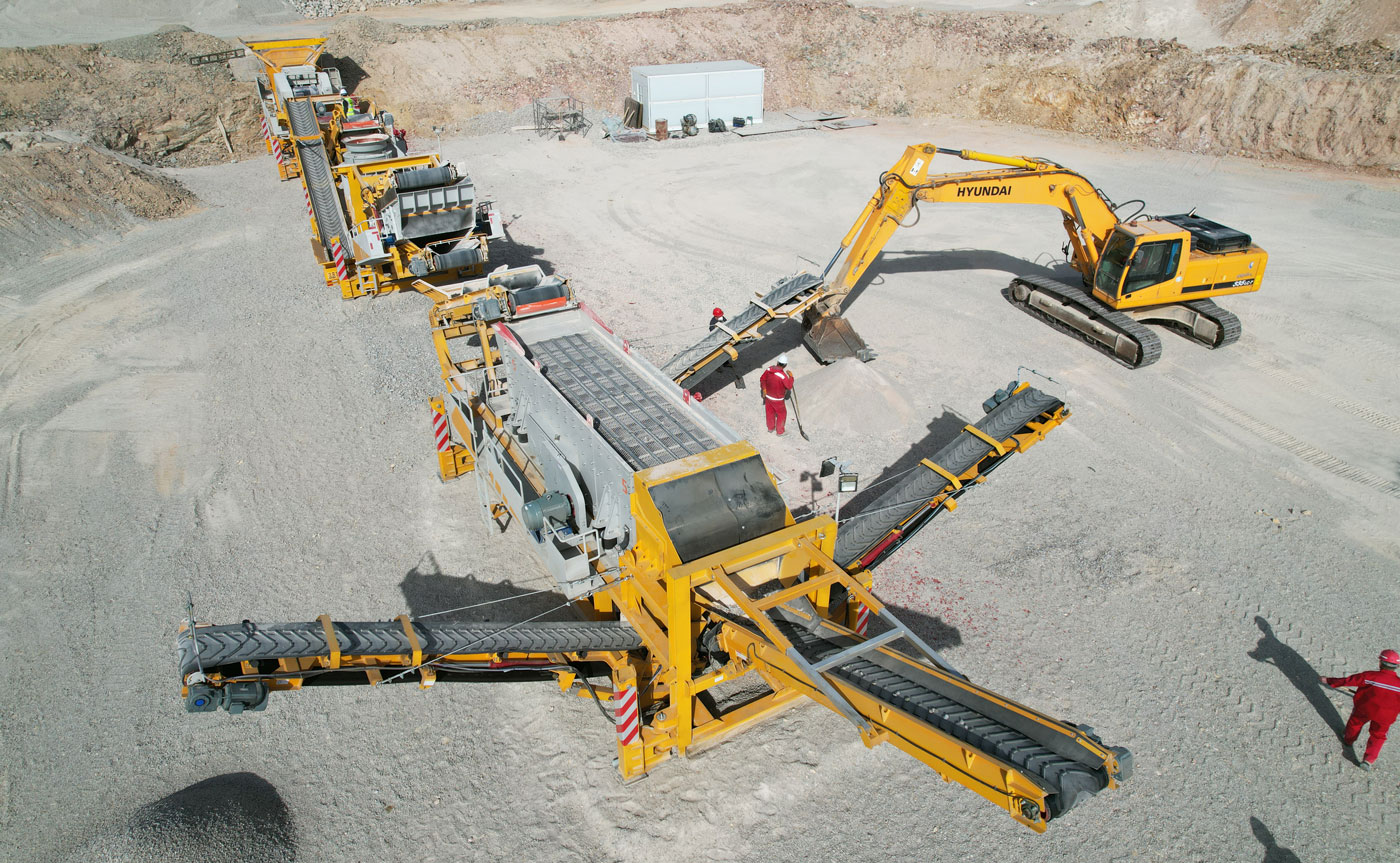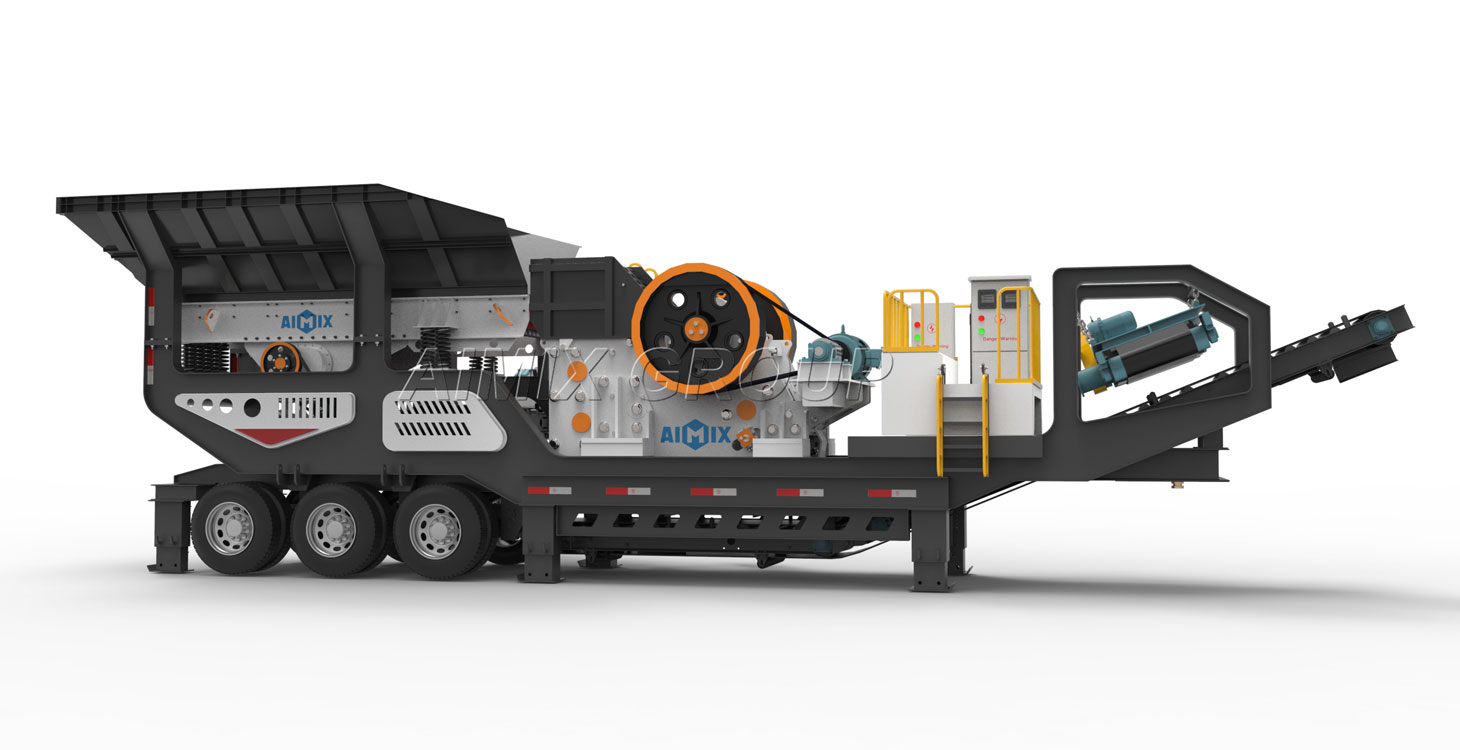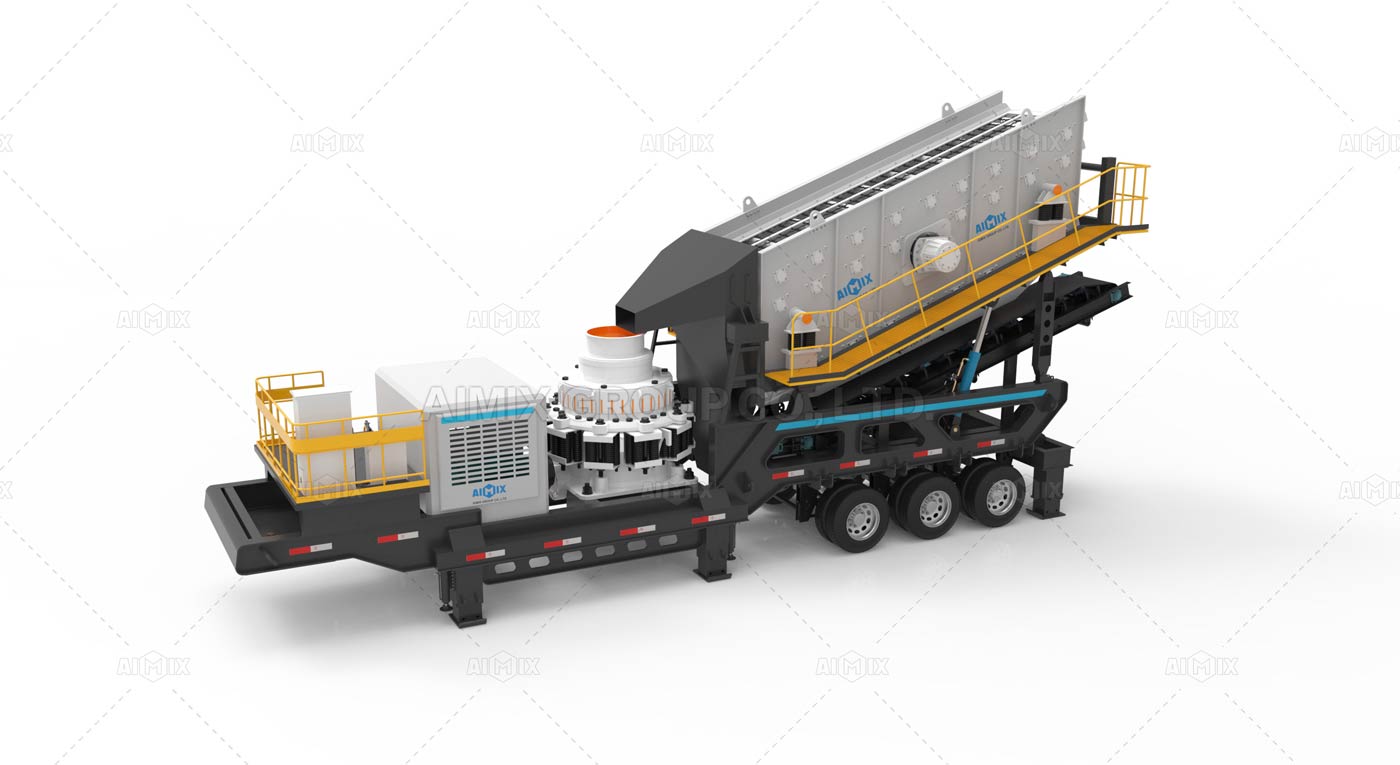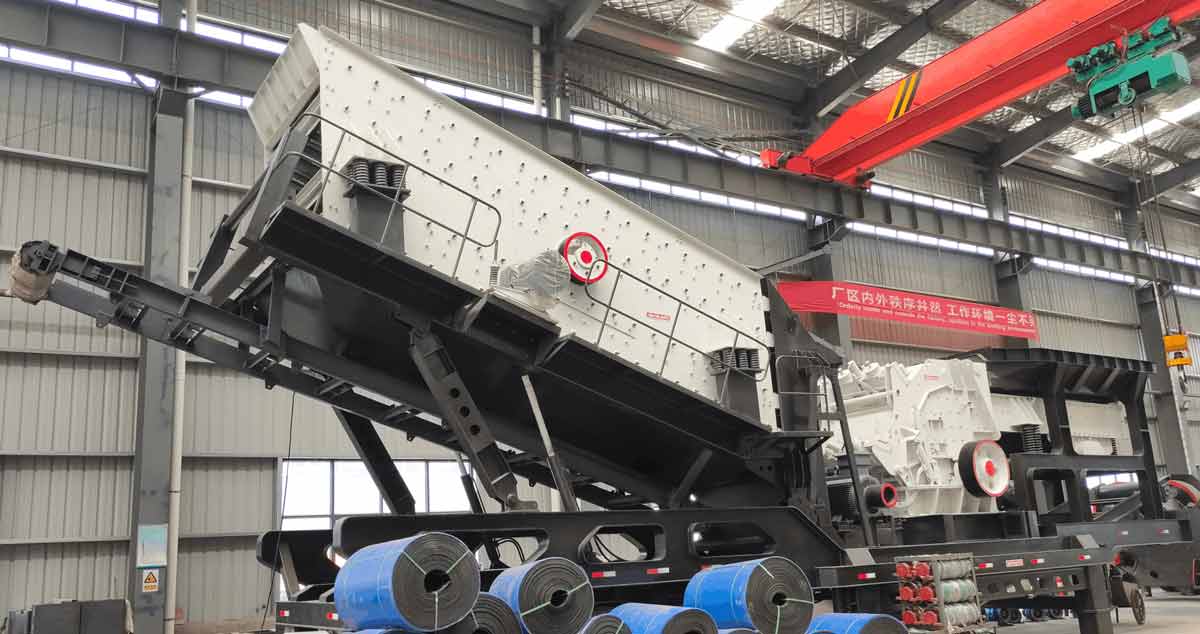In the rapidly evolving world of construction and mining industries, mobile crushers have become indispensable. Among the most popular types are mobile jaw crushers, mobile cone crushers, and mobile impact crushers. Each offers unique advantages depending on specific application requirements. To make an informed decision, it’s crucial to understand their characteristics and consider various factors before selecting the most suitable option.

Mobile Jaw Crushers:
Mobile jaw crushers are designed for primary crushing tasks and are ideal for applications where the material size is relatively small. These crushers feature a large feed opening, allowing them to process various types of materials efficiently. With their compact design and excellent maneuverability, jaw crusher mobile excel in job sites with limited space. They are suitable for quarrying, recycling, and construction applications, offering high productivity and versatility.

Mobile Cone Crushers:
If you require intermediate to fine-sized products or need to produce high-quality end products, mobile cone crushers are worth considering. Equipped with a cone crusher, these machines excel at secondary and tertiary crushing. Mobile cone crushers are known for their high performance and robustness, capable of handling a wide range of materials. They are often used in aggregate production, mining operations, and recycling applications.

Mobile Impact Crushers:
When it comes to processing larger feed sizes and producing well-shaped, cubical aggregates, portable impact crushers are a preferred choice. These crushers feature a horizontal shaft impactor (HSI) that delivers impressive reduction ratios and precise end-product sizing. Mobile impact crushers are versatile and can be used in various applications, including limestone and granite quarries, concrete recycling, and asphalt production.

Factors for Consideration:
Material Properties: Assess the hardness, abrasiveness, and moisture content of the material you intend to crush. Certain crushers perform better with specific materials.
Desired Final Product Size: Determine the required output size and shape of the crushed material. Jaw crushers are better suited for coarser products, while cone and impact crushers excel at producing finer materials.
Production Capacity: Evaluate the volume of material you need to process per hour or day. Consider the crusher’s throughput capacity and efficiency to ensure it meets your production requirements.
Mobility and Site Conditions: Consider the available space on your job site and the ease of transportation between different locations. Mobile crushers offer flexibility and mobility, allowing you to bring the crusher directly to the material source.
Maintenance and Operating Costs: Assess the maintenance requirements and operating costs associated with each type of mobile crushing and screening plants. Consider factors such as fuel consumption, wear parts replacement, and overall machine durability.
Conclusion:
Choosing the right mobile crusher involves a thorough understanding of your specific needs and considerations. Mobile jaw crushers are optimal for primary crushing tasks, while mobile cone crushers excel in producing intermediate to fine-sized products. Mobile impact crushers are ideal for processing larger feed sizes and producing high-quality end products. By evaluating material properties, desired final product size, production capacity, site conditions, and maintenance costs, you can make an informed decision and select the most suitable mobile crusher for your application.
